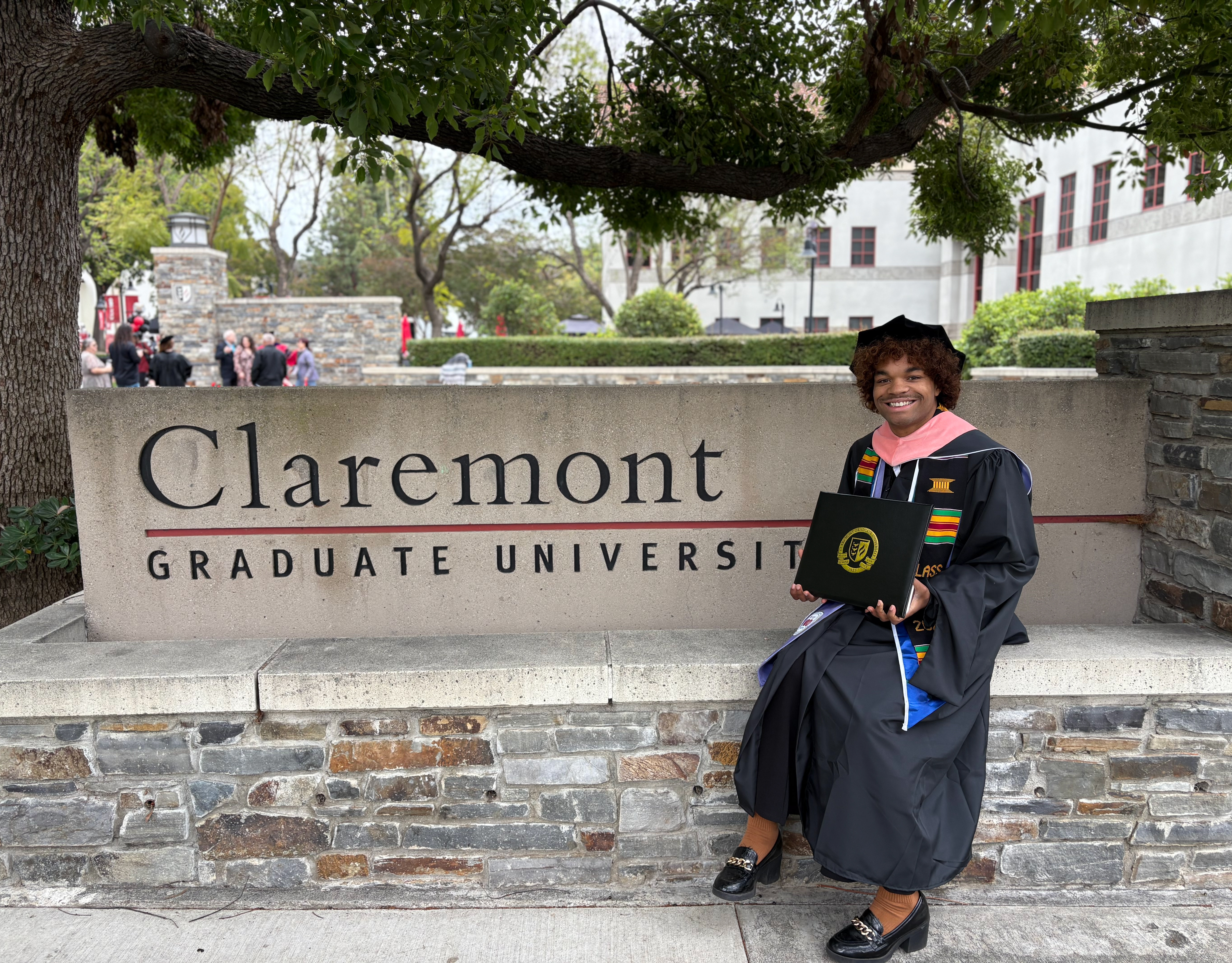Interdisciplinary and Intersectional Framework
In approaching this work, we center the critical importance of intersectionality and cross-disciplinary analysis as foundational tools for understanding the complexities of identity and systemic structures. The intersections of race and capitalism—particularly as they manifest through the lived experiences of Black and poor individuals—cannot be fully understood through a singular disciplinary lens. Instead, we engage what might be termed "intersectional interdisciplinarity," where multiple disciplines, much like multiple identities, converge and interlock to form a more comprehensive understanding. This approach underscores the nuanced ways in which various systems of oppression operate together, revealing a deeper, interconnected reality: racial capitalism affects us differently than race or capitalism alone, and it must be examined as a unique, compounded force.
Historically, academic and societal narratives have compartmentalized fields of study—economics, politics, culture—as if they were distinct and unrelated, mirroring the way identities are often isolated and reduced to single dimensions. This fragmentation limits our ability to grasp the full scope of systemic forces. As the father of Culture Studies, Stuart Hall emphasized in Representation, the more context and information we integrate, the more powerfully we can analyze and act. This work aims to break down those barriers, demonstrating that an interdisciplinary, intersectional approach is not just valuable but essential. We bridge cultural studies, political economy, and contemporary activism to provide a holistic perspective that resonates beyond academia, offering a guide for those new to these concepts. Our goal is to empower individuals to "geolocate" their identities within these intersecting systems, fostering a deeper understanding of how race, class, and labor coalesce to shape lived realities and inform paths toward liberation



